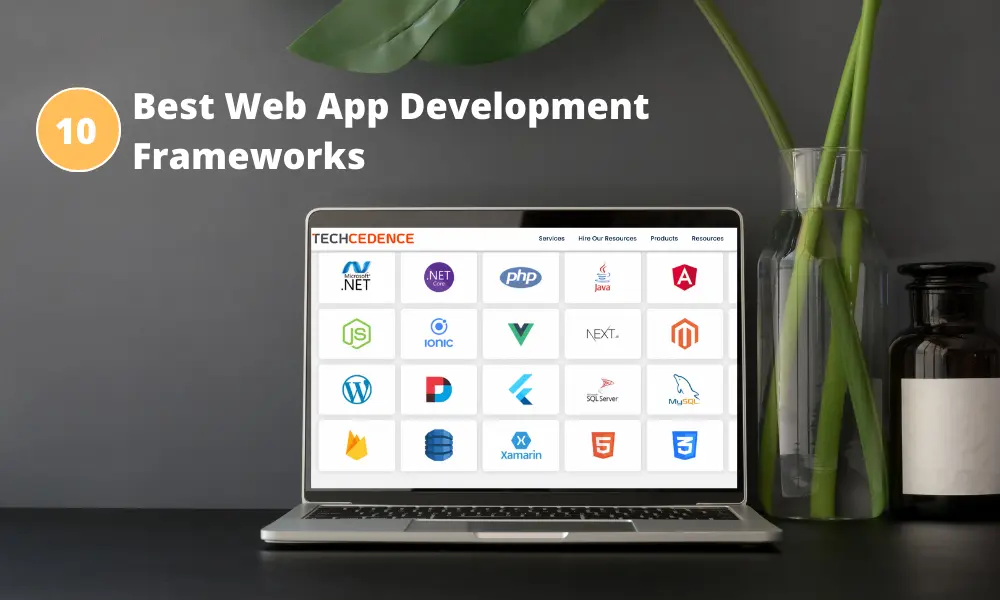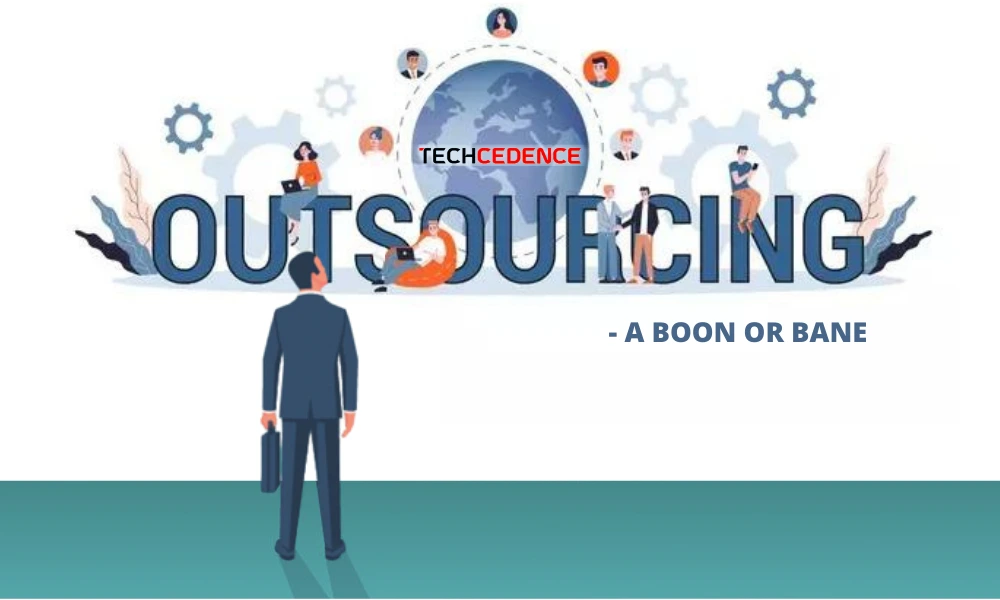Owning a business in today’s digital era makes it important to harness the potential of digital technology as it is critical to unlock value in the current global economy. That’s why it is no surprise that for many businesses, digitizing has also become essential for their basic survival.
Be it a home-grown business or huge business, every sector is reaping the benefits of going digital. Take a look at some of the major reasons why it is important for your business:
On-demand service
Today’s customers expect the same kind of experience in a professional environment that they have with technology in their personal lives too. But for a business, this can be quite challenging to achieve.
Businesses increasingly demand more hybrid IT services and agile networking capabilities and getting the user experience right is a very critical part of a business transformation. This includes the experience of working with the IT team and tools as well.
Enhanced data collection
Digital transformation creates a system for gathering the right customer data and incorporating it fully for the business intelligence at a higher level.
The consumers today are increasingly aware of, and concerned about how their data is collected and used. Show them that you respect their data by putting strong privacy practices in place and giving them the opportunity to change their minds at any time. As the business evaluates the customer journey as part of their digital transformation, you can also consider how you can give your clients greater autonomy over their own data using data privacy.
Better customer experience
Consider how your digital transformation can deliver more seamless, intuitive experiences for your customers. This spans from email communications to user portals, digital products, and even the format by which you reach out to any new prospects.
Customers have very high expectations for digital experiences, as they are used to having endless choices, low prices, and fast delivery. That’s why it is important to empower them with the autonomy to make decisions around their data and give them a top notch user experience.
Strengthen business partnerships
In today’s times, the demands from customers are increasing and so is the competition within industries. Firms are becoming increasingly reliant on each other with the aim of producing a diverse range of products and services that interest the customers.
Managing these partners often requires document-based communication, a process that is traditionally exhausting and an obstacle to efficiency. But with the use of technology one can redesign this process.
By constructing a digital process at an early stage, and integrating technology throughout the organization, businesses stay up-to-date and open themselves up to future partners. Over time, digital transformation strengthens any business partnership, paying for itself in its overall benefits.
Increased agility
Digital transformation makes organizations more agile. Technology can increase their agility with digital transformation to improve speed-to-market, allowing faster innovation and adaptation while providing a pathway to improvement.
As you invest in your digital transition, you need to determine where you will reap the most reward. It is clear that the companies that invest the most are generally more profitable. Those who defer digitization, or even try to undermine and minimize the cost of the investment, may discover that the consequences are farther-reaching than a short-term improvement to the profit margins. This decision could be critical to your survival.






















